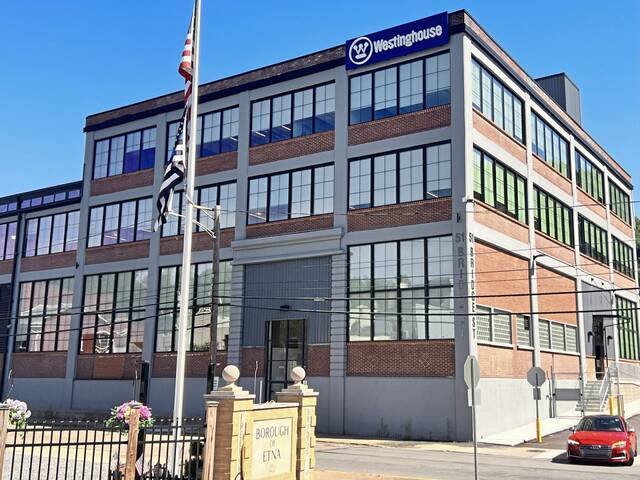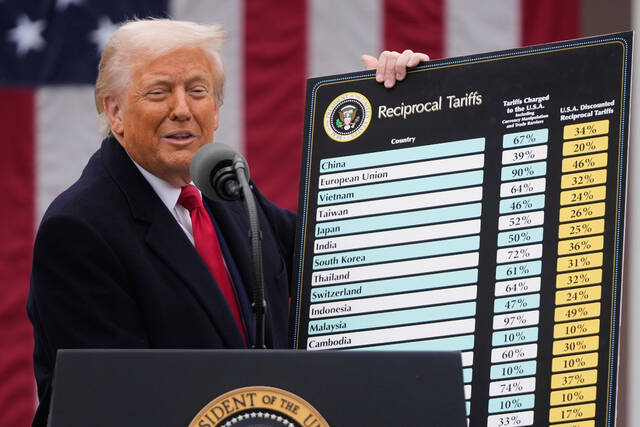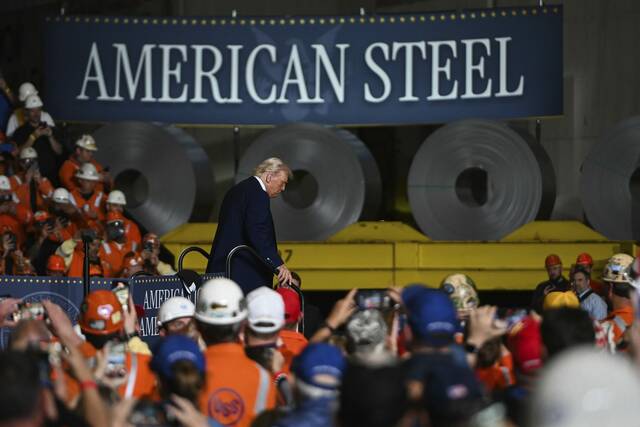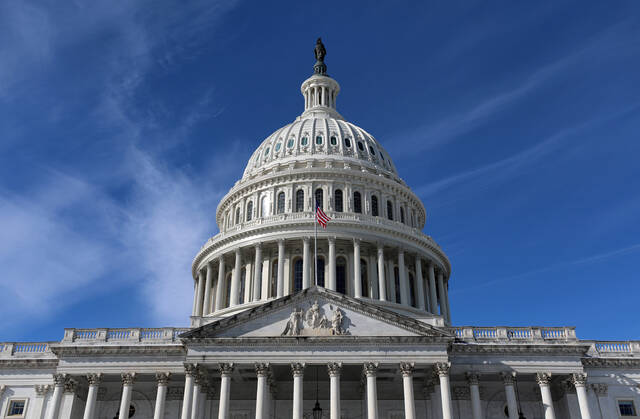Pittsburgh may have had more attention from our political leaders than any other region of the United States in the last four years. There are good reasons for that — there may be no region that better illustrates the changes taking place in our country’s economy, culture and politics.
Pittsburgh provides a glimpse of our nation’s future with its leadership in robotics, life sciences, clean energy manufacturing and artificial intelligence. We’re also navigating the challenges of history: supporting workers and communities as our economy diversifies from dominant single industries and resource extraction. The changes happening in Western Pennsylvania are emblematic of changes throughout our country.
This moment brings a unique opportunity for our region to be a global leader in the clean-tech, manufacturing and knowledge sectors, and do so in a way that protects health, the environment and economic opportunities for all. As Pittsburgh gets the attention it deserves, we’re raising our voice to make sure we are building the economy and the community that we truly deserve in Western Pennsylvania, a future in which we are leaders, not followers, in the global economy, and most importantly, a future with opportunities for everyone.
By some estimates, the global artificial intelligence market will grow 25-fold by the early 2030s. As this technology grows, we deserve more than just the opportunity to build warehouses to hold computer chips. Pittsburgh deserves to attract and retain the headquarters of the companies building the latest tools, the research institutions advancing AI safety and the manufacturing facilities creating the newest chips. These companies are being built in Pittsburgh: Love Lace AI is designed to assist disaster response and national security, and Pearl Street Technologies is helping to speed up engineering analyses to bring more clean energy onto the grid.
Last year, the world put more than double the investment in clean energy as it did in fossil fuels. As the world realizes the benefits of advanced, clean energy, we deserve more than extracting fossil fuels and leaving behind communities with declining population and incomes. Pittsburgh deserves to be a world leader in advanced clean energy manufacturing, growing our communities with new business investments. Local innovators are showing us the way: solar components at Vitro Glass and Nextracker, advanced energy storage at EOS, Form and SeaLion Energy, and the next generation of nuclear energy at Westinghouse.
While changes in technology continue to bring economic benefits, Pittsburghers are not getting our share. The region’s household income is only 90% of the average in the U.S. We face significant racial disparities, with Black, Asian and Latino Pittsburghers making significantly less than their white neighbors. We deserve an economy that will support workers at all levels of education. We need to be clear-eyed about the effect of automation and technology, and ensure new industries bring family-supporting wages.
Benefits must reach communities that have borne the costs of industrial decline and pollution. We already see great examples: Form Energy, which will manufacture batteries for the electric grid at the site of a former steel mill, is supporting over 1,000 jobs paying prevailing wage across construction and advanced manufacturing.
Make no mistake, we face headwinds. The federal government just approved a tax and spending bill kneecapping demand for clean energy — our nation’s fastest growing energy source. According to researchers at Princeton, the bill will result in 800 terawatt-hours less clean electricity generation in the next 10 years, more than the entire contribution of the current US nuclear fleet. This will harm our local industries, threaten our grid and increase energy prices for families. The current administration continues to pursue massive cuts in critical academic research, a significant threat to our world-leading research institutions where the next generation of technology companies will be born. We also face local challenges: When businesses consider cleantech manufacturing locations, they often think of Ohio or southern states first. This isn’t because we lack capabilities. It’s because we haven’t coordinated our efforts effectively or prioritized cleantech business attraction.
But we’re ready for this challenge. The technology sector already employees nearly 18% of our region’s workforce. We have skilled workers at all levels of the educational spectrum. We have world-class institutions that are the creators of new knowledge, new industries and the next generation of leaders. What we need now is the coordination and strategic focus to make it happen. We need to build state and local infrastructure to support our industries as the federal government pulls back. This will require collaboration among businesses, universities, economic development organizations and communities.
The Heinz Endowments is committed to supporting — and growing — a broad coalition of organizations that have decades of dedication to this vital work. Allegheny County is committed to engaging state and federal leaders and supporting policies that empower existing businesses, emerging innovators and investors. By working together, we can make our region a leader in the industries of tomorrow while expanding opportunities for everyone.
The moment is ours to seize. Let’s get to work.
Learn more here.
Chris DeCardy is president of The Heinz Endowments. Sara Innamorato is Allegheny County executive.








